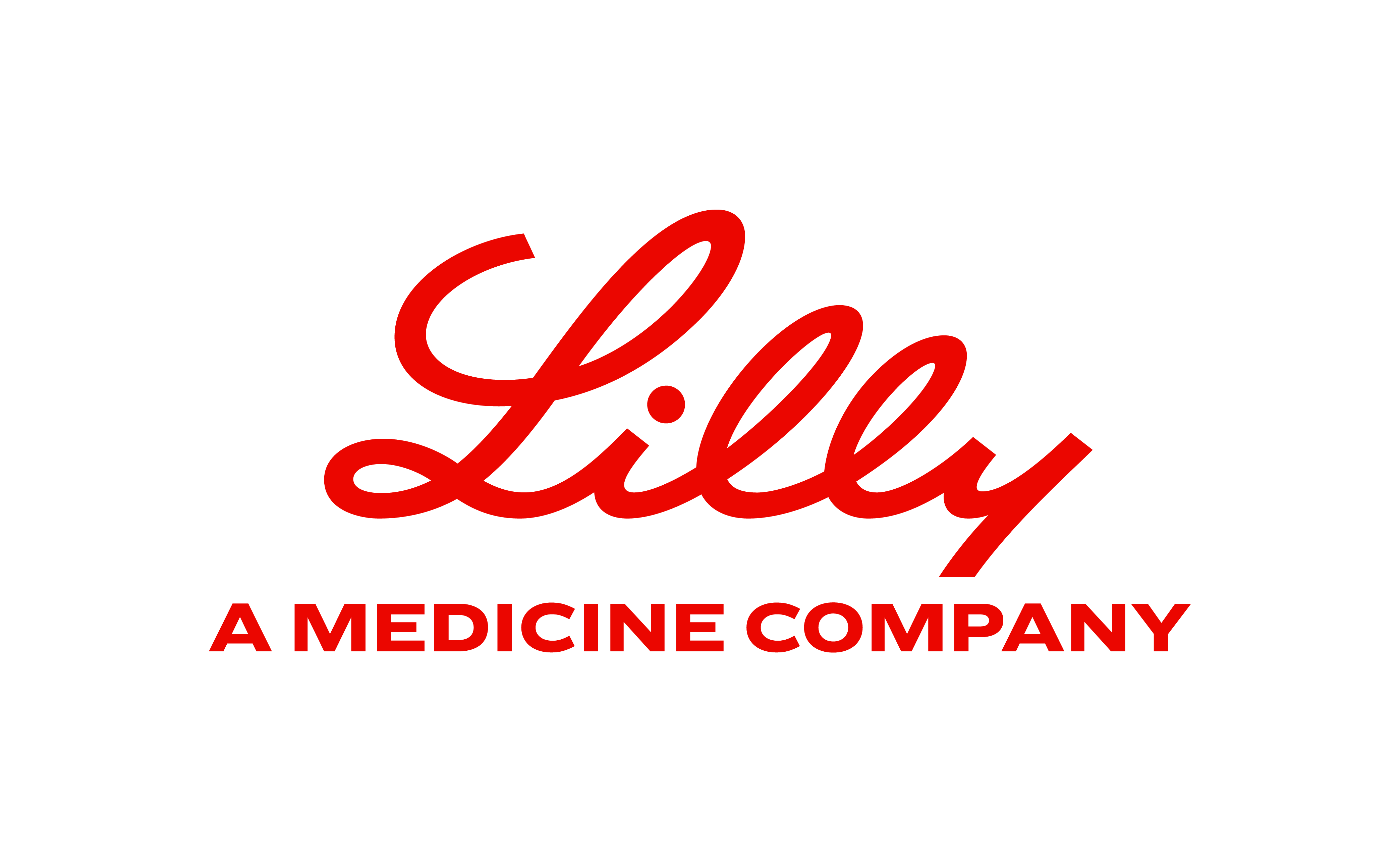HEALTH INSURANCE
GLOSSARY OF COMMON TERMS
Plan Type: POS
POS stands for "Point of Service." POS plans combine elements of both HMO and PPO plans. As a member of a POS plan, you may be required to choose a primary care physician who will then make referrals to specialists in the health insurance company's network of preferred providers. Care rendered by non-network providers will typically cost you more out of pocket, and may not be covered at all.
Plan Type: PPO
PPO means "Preferred Provider Organization." Like the name implies, with a PPO plan you'll need to get your medical care from doctors or hospitals on the insurance company's list of preferred providers if you want your claims paid at the highest level. You will probably not be required to coordinate your care through a single primary care physician, as you would with an HMO, but it's up to you to make sure that the health care providers you visit participate in the PPO. Services rendered by out of network providers may not be covered or may be paid at a lower level. A broad variety of PPO plans are available, many with low monthly premiums.
Plan:
A benefit your employer, union or other group sponsor provides to you to pay for your healthcare services.
Preauthorization:
Sometimes called prior authorization, prior approval or precertification, this is a decision by your health insurer or plan that a healthcare service, treatment plan, prescription drug, or durable medical equipment is medically necessary. Your plan may require preauthorization for certain services before you receive them, except in an emergency. Preauthorization is not a guarantee that your health insurance plan will cover the cost of services.
Premium:
The total amount paid to the insurance company for health insurance coverage. This is typically a monthly charge. Within the context of group health insurance coverage, the premium is paid in whole or in part by the employer on behalf of the employee or the employee's dependents.
Preventive Care:
Medical care rendered not for a specific complaint but focused on prevention and early-detection of disease. This type of care is best exemplified by routine examinations and immunizations. Some health insurance plans limit coverage for preventive care services, while others encourage such services. Note that well-baby care, immunizations, periodic prostate exams, pap smears and mammograms, though considered preventive care, may be covered even if your health insurance plan limits coverage for other preventive care services.
Usual, Customary and Reasonable (UCR) Charge:
This refers to the standard or most common charge for a particular medical service when rendered in a particular geographic area. It is often used in determining Medicare payment amounts and to determine the allowed amount.
Waiting Period:
A waiting period refers to the time an insured must wait before some or all of their coverage comes into effect. Only when the waiting period has passed can the insured have a right to file a claim for the benefits of the insurance policy. Health insurance generally imposes three types of waiting periods. An employer waiting period requires an employee to wait a certain period of time, such as three months, before they can receive covered health services. This is to discourage an employee from filing a major claim and leaving the company shortly thereafter. Second, affiliation periods refer to exclusion periods that HMOs impose. The Health Insurance Portability and Accountability Act (HIPAA) regulates this and does not allow it to exceed three months. Lastly, some group plans may have pre-existing condition (PEC) waiting periods, as these plans are the only ones now required to provide insurance to those with a PEC. The waiting period may be reduced or waived based on any prior health care coverage you had before applying for your new health insurance plan.

